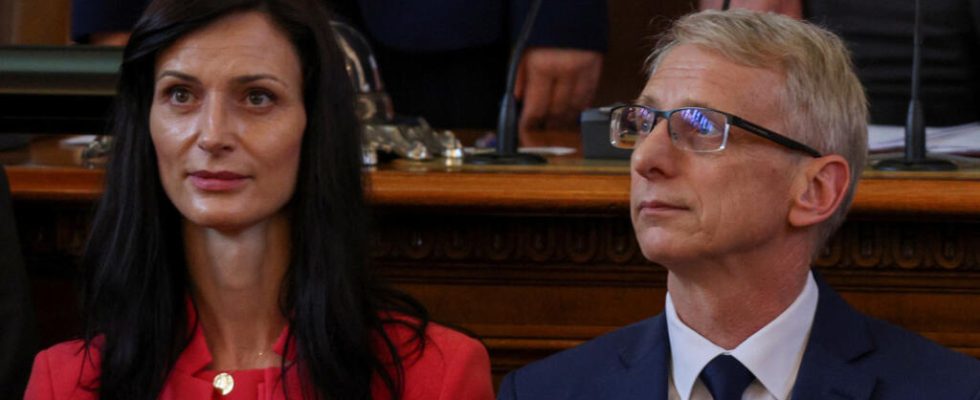Bulgaria finally got an elected government after a ten-month hiatus which led to two early general elections. The solution is a government of national unity with power sharing between two prime ministers.
With our correspondent in Belgrade, Damian Vodenitcharov
It is a government of national unity only in the sense that it unites sworn enemies: the coalitions of former prime ministers Boïko Borissov and Kiril Petkov. They dominate the Bulgarian political landscape and the seats in Parliament. However, their parties are on the right, both pro-Western, one wanting to be reformer, the other conservative.
The opposition brings together the Socialist Party or the pro-Russian nationalists. For two years, the country has been in a political crisis: the Parliament is highly fragmented with six, sometimes seven parties represented, and a series of early legislative elections which only reproduce the same result. Eventually, this unholy coalition emerged, with prime ministers who are not the leaders of the major parties.
Nikolai Denkov, former Minister of National Education, will ensure the first nine months of the mandate. Maria Gabriel, former European Commissioner, will take over for the next nine months. This rotational government will have to deal with galloping inflation, institutional tensions with pro-Russian President Rumen Radev and the highly controversial Attorney General Ivan Geshev, thorny judicial reform and the international situation.
